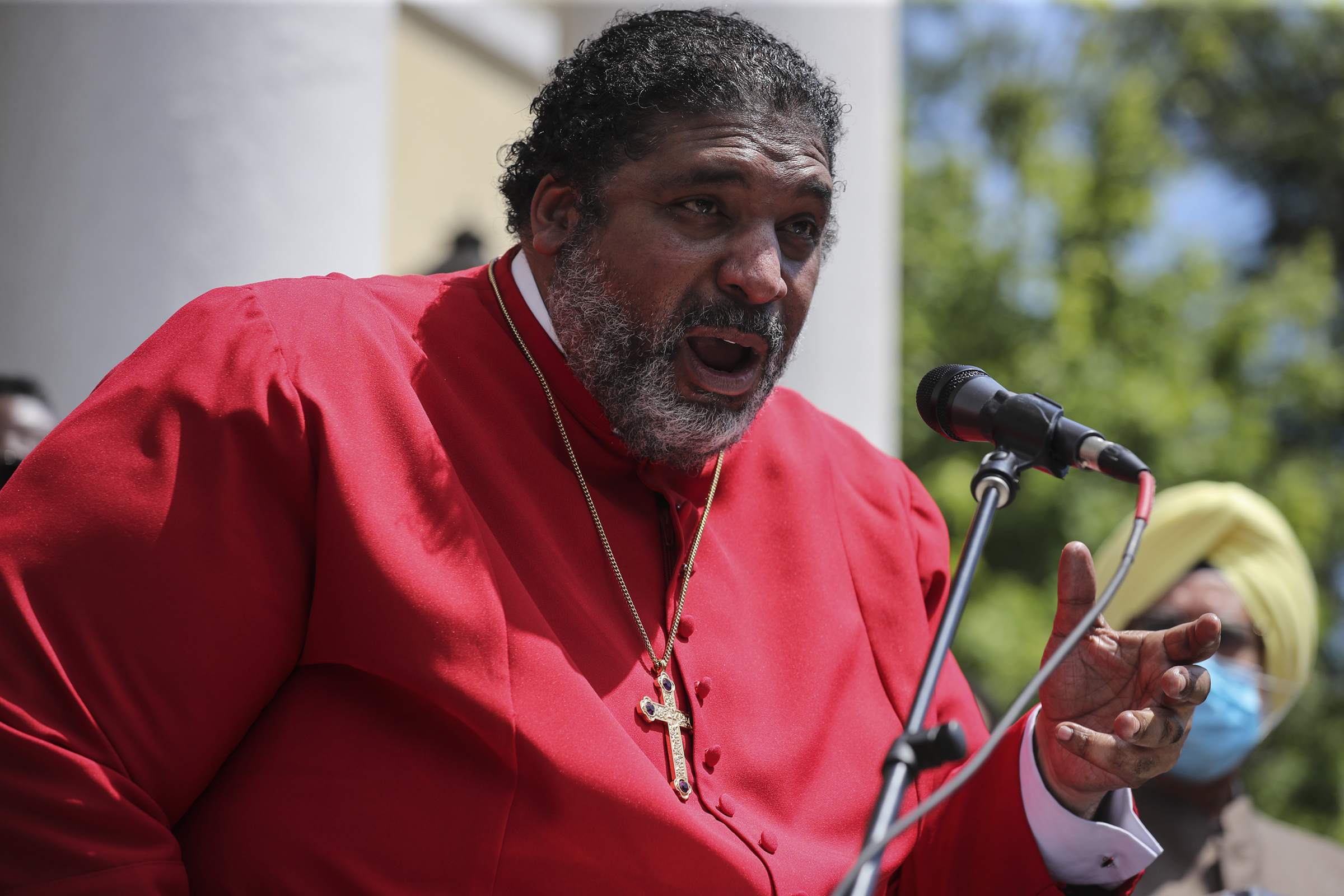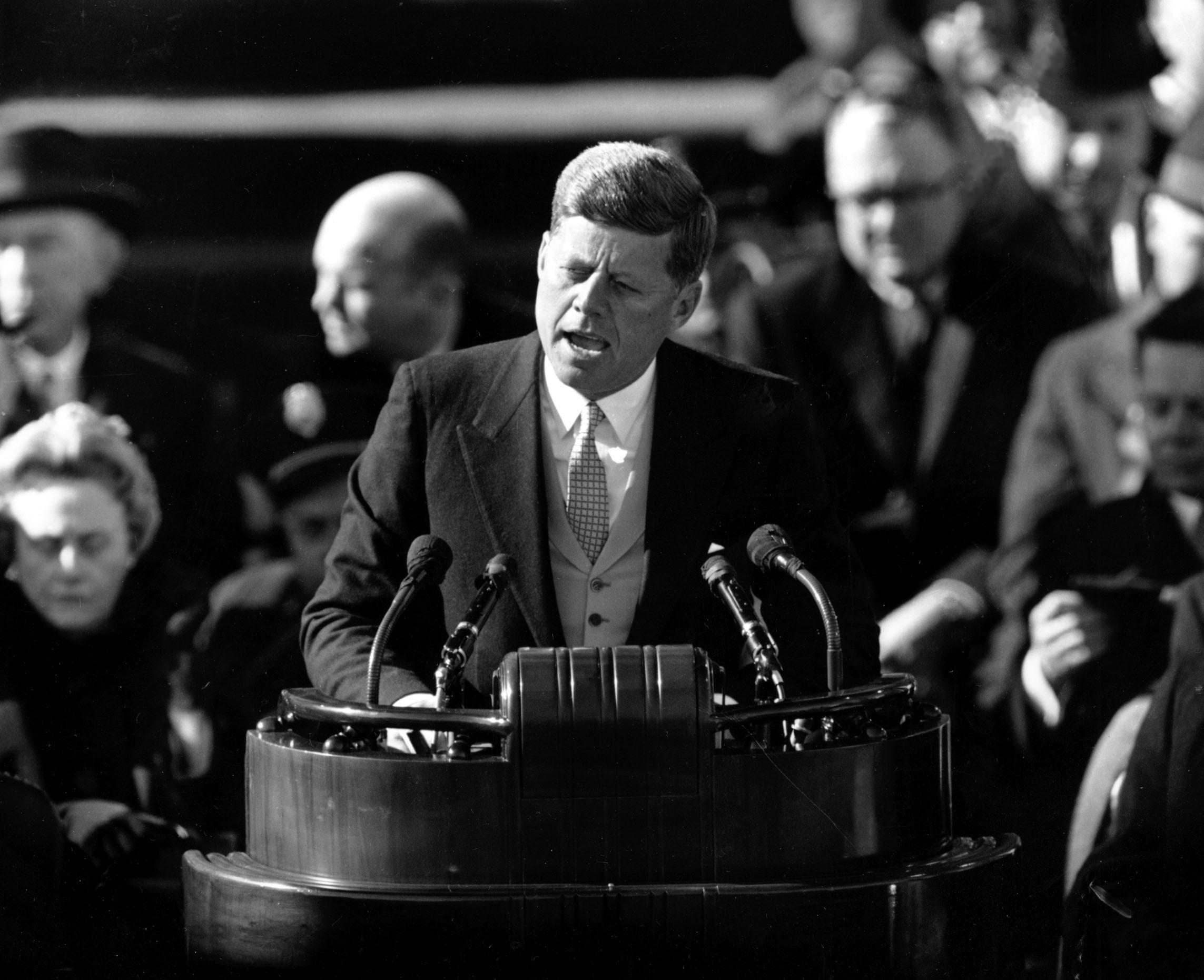
Trump Confronted By Bishop's Bold Sermon During Inaugural Prayer Service
Context
On January 20, 2017, President Donald Trump attended an inaugural prayer service at the National Cathedral in Washington, D.C. During the service, Bishop Mariann Budde gave a sermon that directly addressed the President, urging him to reject racism, violence, and dishonesty in the pursuit of true leadership.
The Bishop's Message
Bishop Budde's sermon was a powerful call for the President to embrace the values of love, truth, and justice. She specifically mentioned the need to reject racism, violence, and dishonesty in the pursuit of true leadership. She also called for a national dialogue on issues of racial reconciliation and economic disparity.
"We cannot dismiss out of hand those who raise questions about our national conscience, who ask whether our American Dream has become too narrow, or our compassion too thin," she said.
The President's Reaction
President Trump listened to Bishop Budde's sermon with a stern expression. He did not respond to her comments directly, but he did release a statement afterwards saying that he was "deeply grateful" for the prayers and support he had received during the service.
However, the President's subsequent actions have raised questions about whether he truly took Bishop Budde's message to heart. He has continued to make racially insensitive remarks, and his policies have been criticized for exacerbating racial disparities.
Analysis
Bishop Budde's sermon was a bold and necessary act of prophetic witness. She used her platform to speak truth to power, and she challenged the President to live up to the ideals of his office.
The President's reaction to the sermon was disappointing, but not surprising. He has a history of rejecting criticism, and he has often dismissed those who disagree with him as "losers" or "haters."
Despite the President's dismissive attitude, Bishop Budde's sermon is a reminder that the church has a responsibility to speak out against injustice and to hold our leaders accountable to the highest ethical standards.
Implications
The Bishop Budde's sermon has broader implications for the role of the church in American society.
First, it is a reminder that the church has a prophetic voice that must be heard in times of crisis. The church is not simply a place of worship; it is also a place where truth and justice are proclaimed.
Second, the sermon is a call for unity and reconciliation. Bishop Budde urged the President to reject racism and violence, and she called for a national dialogue on issues of racial reconciliation and economic disparity.
Third, the sermon is a call for hope. Bishop Budde's words remind us that even in the darkest of times, there is always hope for a better future. She challenged the President to be a leader who brings hope and healing to the nation.
Conclusion
Bishop Budde's sermon was a bold and necessary act of prophetic witness. She used her platform to speak truth to power, and she challenged the President to live up to the ideals of his office. The sermon has broader implications for the role of the church in American society, and it is a reminder that the church has a prophetic voice that must be heard in times of crisis.
